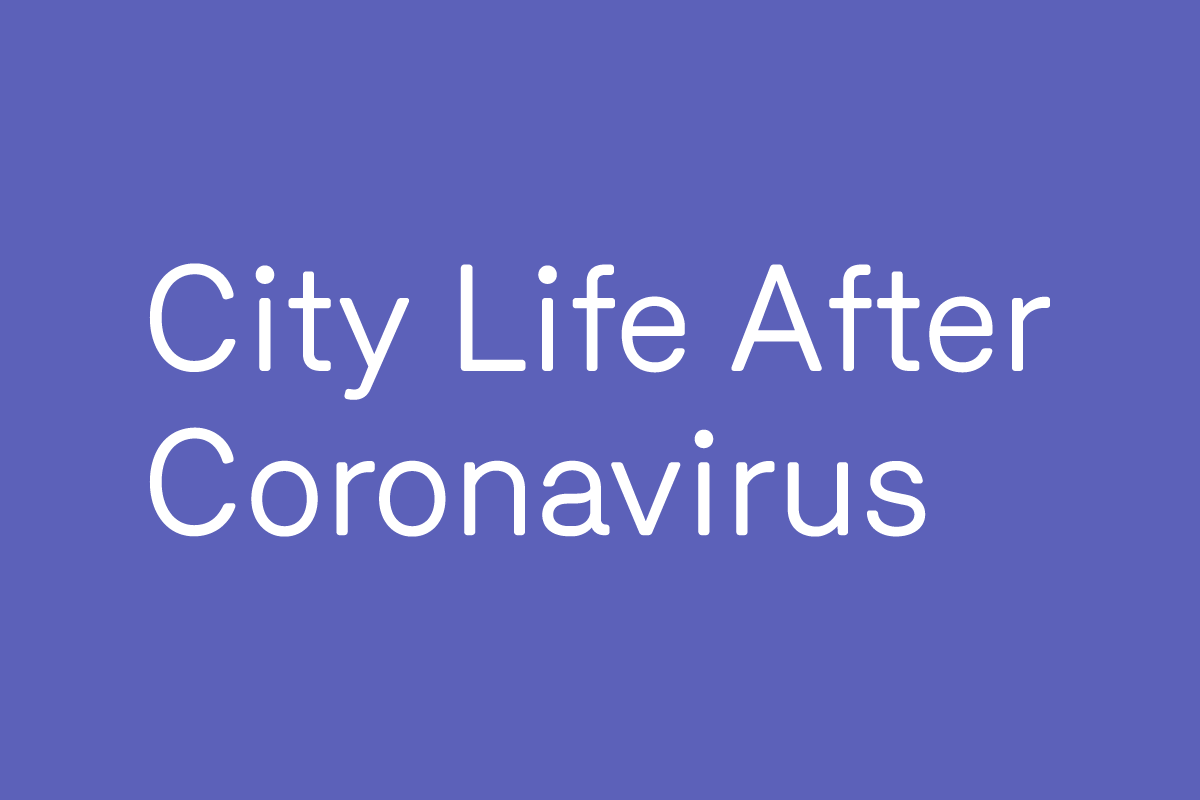
The coronavirus pandemic has upended urban life. The coming months will have an enduring impact on the way we live, work, and gather in cities.
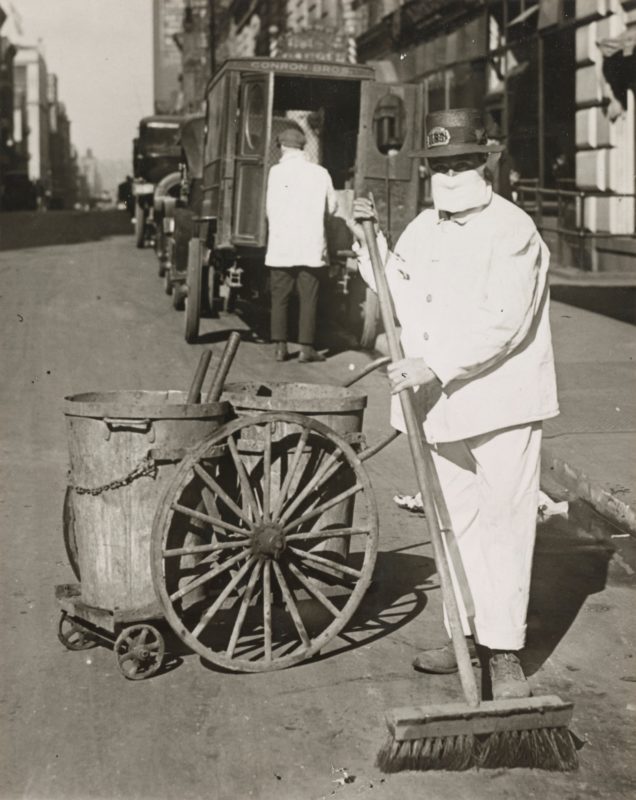
Photo: National Archives
While social distancing is a critical tool to limit the health crisis, it also runs counter to the very reasons we love and live in cities – collision, coincidence, cultural exchange and togetherness.
While we collectively work to end the pandemic, we have an unprecedented opportunity to interrogate our assumptions about our urban systems and society.
We must better value and support the people who operate and sustain our city in normal times and in crisis moments. Frontline workers and communities of color are especially vulnerable to the health risks posed by coronavirus, and are least able to access economic relief.
During this historic moment, the Urban Design Forum is launching a new inquiry, City Life After Coronavirus. We plan to convene international experts to document global responses to the crisis and strategize a road to recovery for New York City.
We want to hear from you: What does the pandemic reveal about urban design, infrastructure, and governance? And how can we build a more just city for New Yorkers hardest hit by the public health and economic crisis?
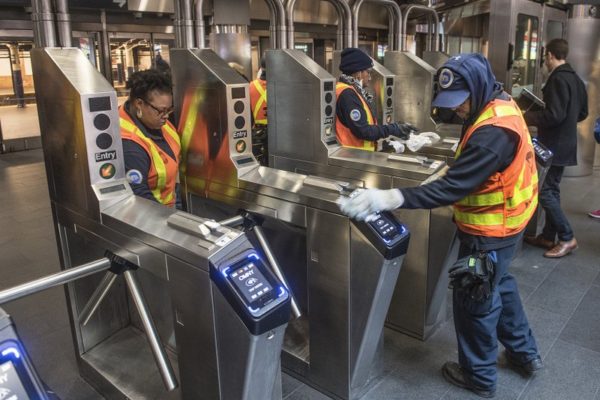
Key Questions to Consider
As our inquiry unfolds, we will interrogate how this crisis impacts and challenges many facets of urban life. We plan to explore a range of key questions as we envision a roadmap for recovery in New York City.
Response
- Knowledge Exchange: What can New York learn from city leaders around the world responding to coronavirus?
- Small Business: As retail stores and restaurants shutter, how can we support workers and small business owners during the crisis?
- Local Industry: How can we retool local industrial zones to address supply shortages?
- Social Equity: How should we address the uneven distribution of healthcare facilities, jobs, and food security across the five boroughs?
- Labor: How should we support the health and well-being of “essential workers” as they continue to serve our city?
- Digital Access: How can we minimize the digital divide exacerbated by the increase in remote work, education and recreation?
- Housing: How will crisis response legislation on mortgage payments, rent, and evictions impact New York City neighborhoods?
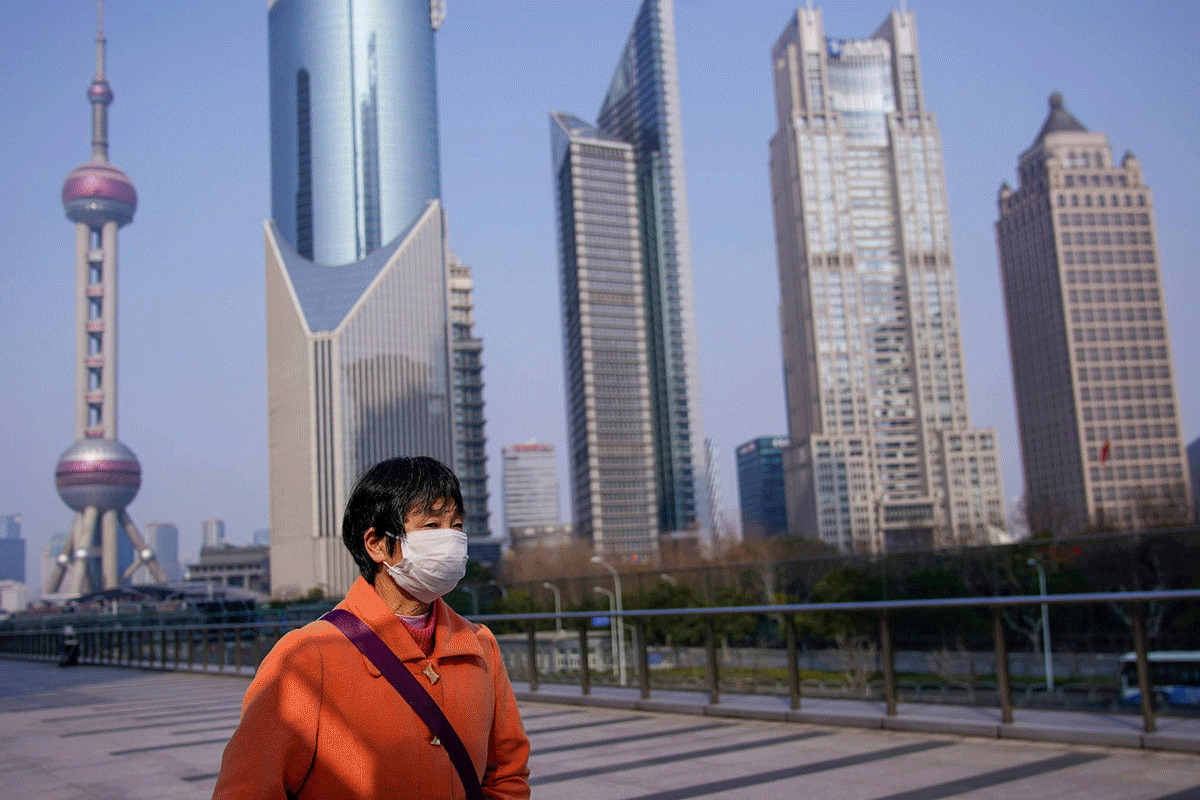
Photo: Reuters
Recovery
- Economic Recovery: How can New York City focus economic recovery efforts in Black and Latino communities impacted most by the pandemic?
- Community Health: What investments in health care systems are necessary to prepare our city for future threats?
- Aging in Place: How can we design a city that better serves seniors and mitigates their health risks?
- Culture: How can New York City rebuild its tourism and cultural sectors and support cultural producers harmed by the crisis?
- Climate Action: Could our response to the pandemic shape new and urgent climate actions?
- Housing: How could the epidemic open up housing options to the most vulnerable New Yorkers due to changes in the real estate, hospitality and short-term rental markets?
- Mobility: As New Yorkers are forced to stay off transit and public streets, how can we plan future investments and envision alternative patterns of mobility within our city?
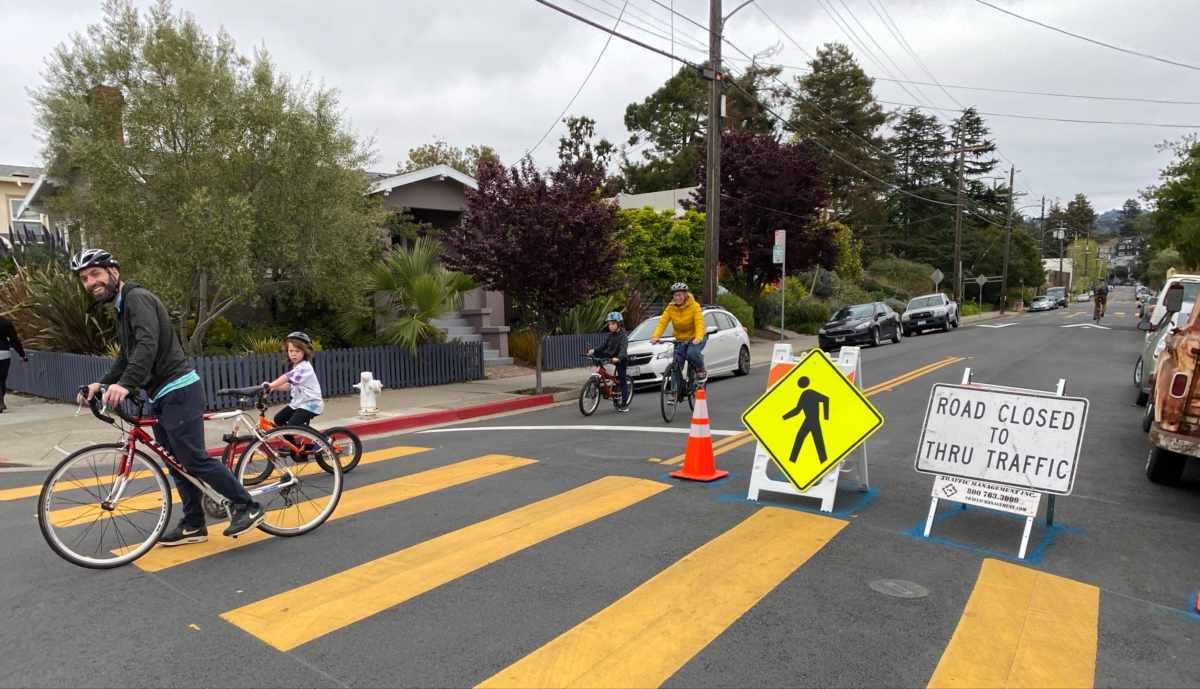
How to Contribute
We welcome a diverse range of submissions by May 20, 2020. Your contributions will form the basis of our program and inform us about potential ideas to showcase, ongoing initiatives to study, and experts to invite.
We will invite select contributors to present in digital programs; publish their ideas on our website; or include their submissions in a publication to be distributed to elected officials, city agencies, and leading civic and community organizations. Special attention will be given to submissions that reflect on vulnerable communities or forecast a just and equitable recovery.
Text-based submissions can be as short as 2-3 sentence pitch, or longer article-length pieces. We also welcome sketches, photos, visualizations, and videos.
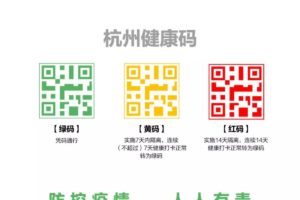
Photo: TechNode
1. Nominate a Speaker
Introduce us to community leaders on the frontlines of New York City’s response effort, or government leaders from cities around the world as we foster comparative dialogue on crisis response and systems transformation.
2. Contribute a Reflection
Submit an idea or reflection on how cities are responding to and impacted by the pandemic in the short term.
3. Envision the Recovery
Propose how cities should recover from the pandemic in the years ahead. We welcome speculative forecasts for urban restructuring, or specific proposals for policy, design, and planning change.
Please direct all submissions and questions to:
Andrew Pasquier
Program & Development Associate
646-928-0550
andrew@urbandesignforum.org
Support the Program
In this historic moment, the financial support of our Fellows is more important than ever. Please consider supporting our work with a contribution of $50, $100, or $250 beyond your annual dues. Your generous support will make this project possible.